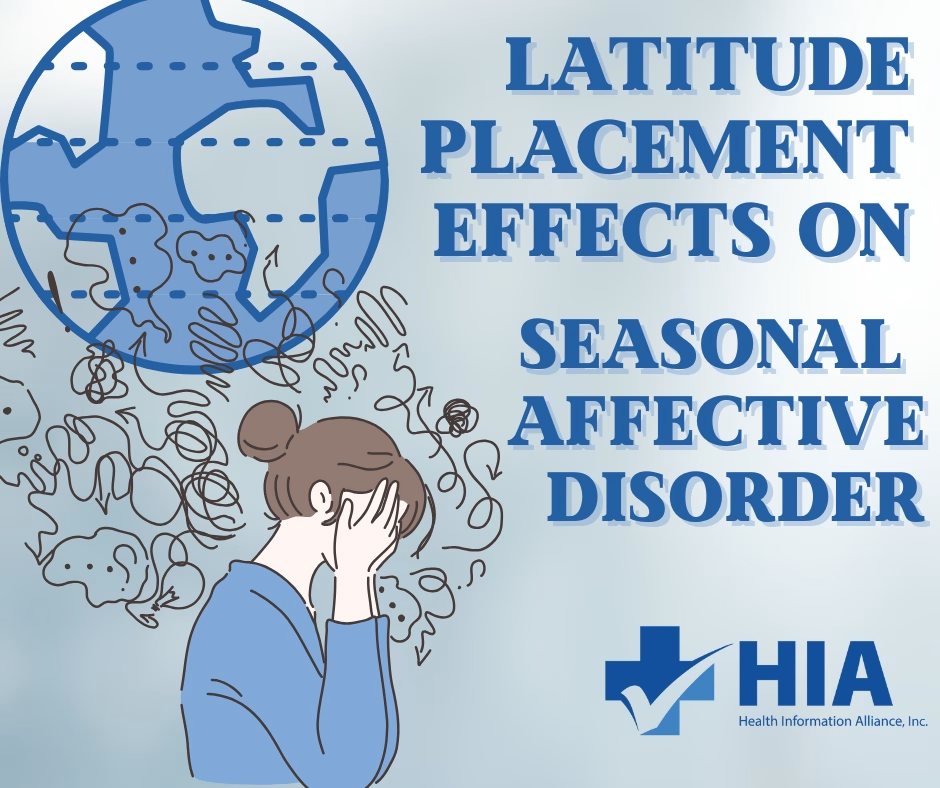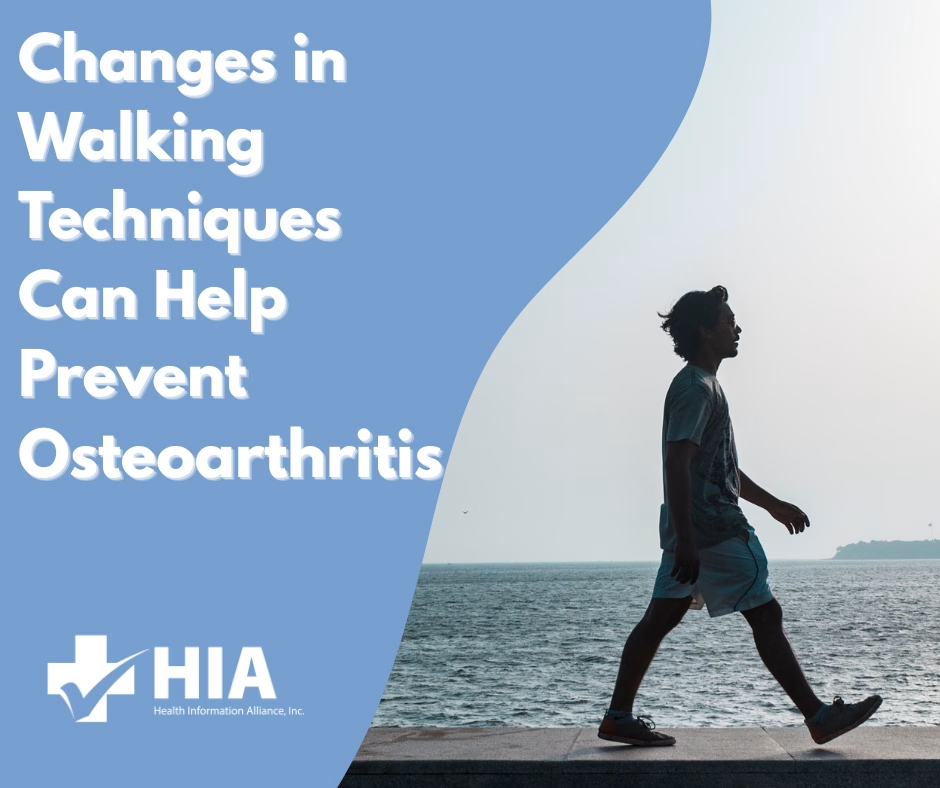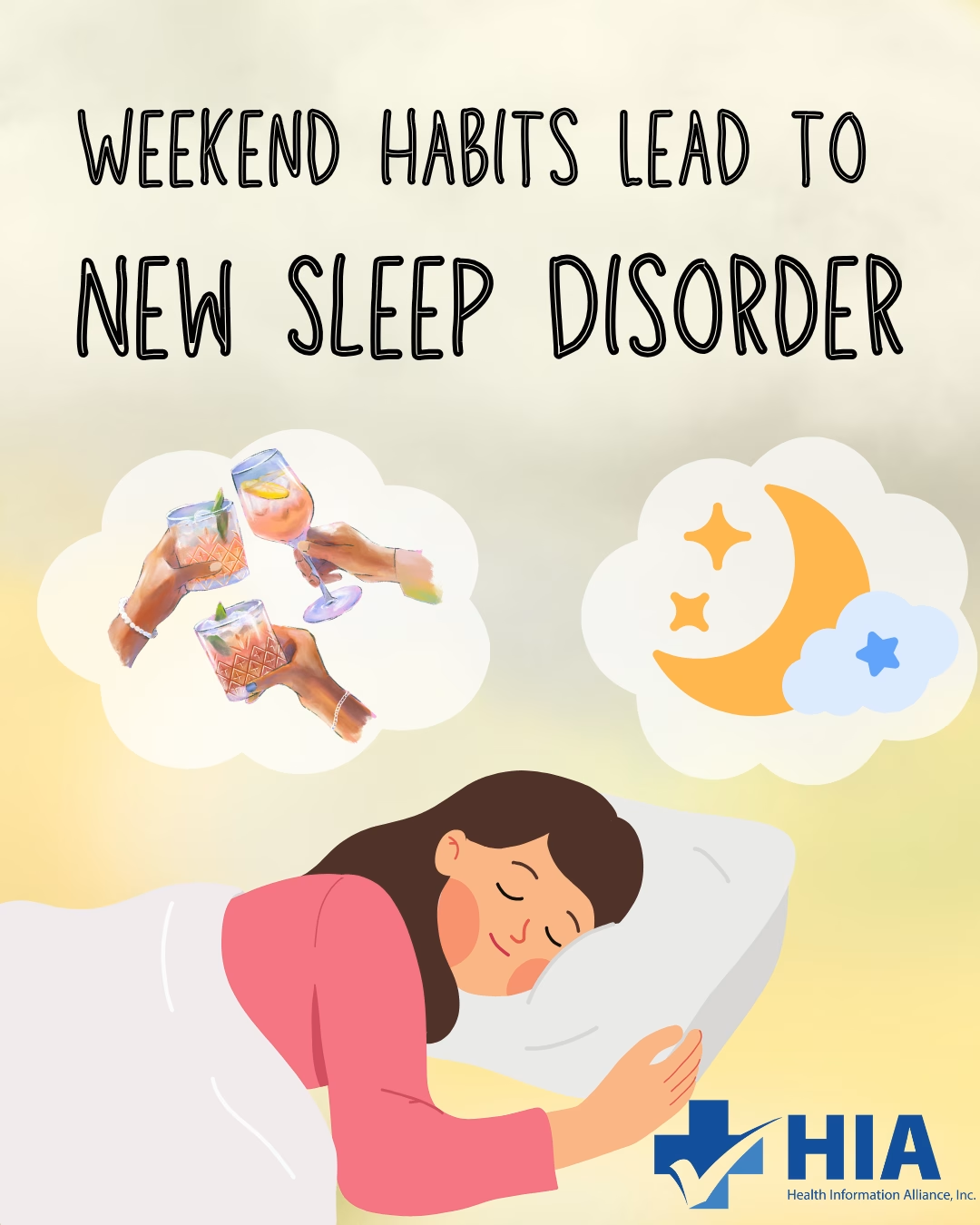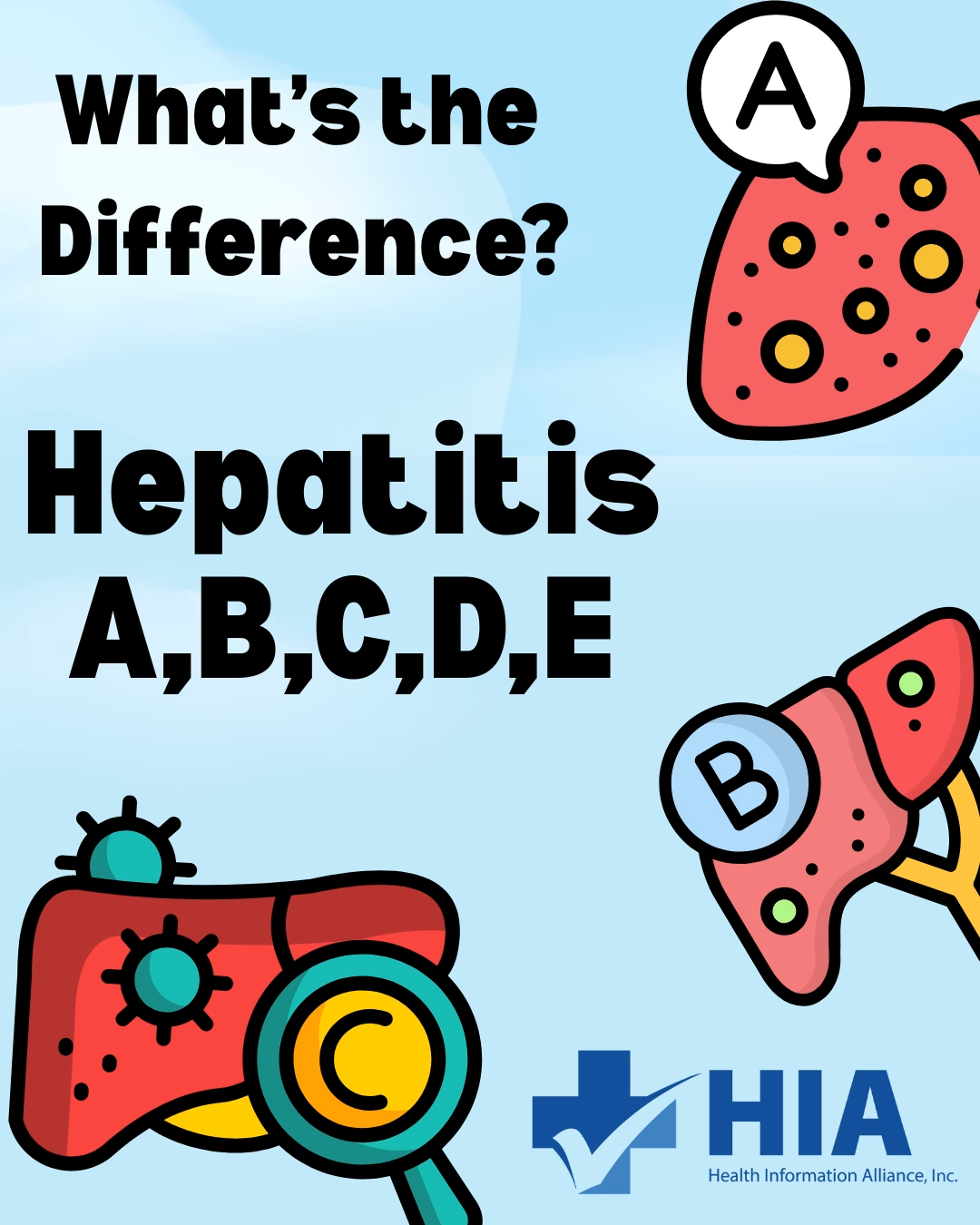Autism spectrum disorders (ASD) and Autism Coding
Autism spectrum disorders (ASD) are defined as lifelong neurodevelopmental disorders that affect an individual’s behavior and communication. Other symptoms include restricted and repetitive behaviors such as difficulty transitioning to a new activity, focusing on details, and unusual reactions to sensations. According to the World Health Organization (WHO), about one in every 270 people has an ASD. These disorders are believed to be caused by genetic and environmental factors and can be diagnosed as early as 2. There is no cure for autism, but for decades’ people believed there was a link between childhood vaccinations and autism. After extensive research, it is confirmed that vaccines do not cause autism.
While autism is four times more likely to be found in boys, parents are encouraged to routinely monitor the development of their children from an early age, regardless of gender, ethnicity, or socioeconomic status. Symptoms become evident in a child early on and persist through adulthood while interfering with daily life. When using the word “spectrum,” this refers to a large scale of symptoms and levels of disability. Some people who are diagnosed with autism can live independently, while others require lifelong care. Autism often affects individual learning abilities, employment and is often accompanied by other conditions. With early intervention, the quality of life of people with autism can be significantly optimized. Although, time is of the essence to ensure a successful future with improved communication and social abilities.
People with autism are often subjected to discrimination, and the disorder carries a lot of stigmas. Whether this is evident in the workplace, classroom, or in many other aspects of society, it is prevalent. As people with autism transition into adulthood, it is hard to live independently when jobs are scarce, and low wages leave them usually well below the poverty line. While it is demonstrated that independence in the workplace reduces symptoms while improving their daily life skills. Therefore, it is crucial that they are provided with opportunities to improve their life skills and earn rewards.
Health care and needs evolve for people who have autism, although it is crucial that once they receive their diagnosis, they are provided with accurate resources, support, and information. It has been proven that people with autism have higher rates of unmet healthcare needs compared to the general population. In addition to this, AustismSpeaks.org states that minority groups tend to be diagnosed later in life, and their symptoms are often overlooked, leading to fewer diagnoses.
In regards to diagnosing, WHO is the owner and publisher of the International Classification of Diseases (ICD). This foundation releases information about managing and treating health conditions. Autism can be found coded under the ICD 10 in the “mental behavioral and neuro-developmental conditions” designation. The more common symptoms of autism are separated into numerous categories such as reaction to senses, Sleep problems, Intellectual disability, Seizures, Fragile syndrome, and Gastrointestinal problems. Providers will then use these codes to diagnose a patient, and they are critical to providing patients with an accurate bill. HIA believes that accurate coding is the key to quality patient care and a successful organization. Our medical coding team understands the importance of using and understanding the ICD in order to gain important information in regards to a variety of conditions.






